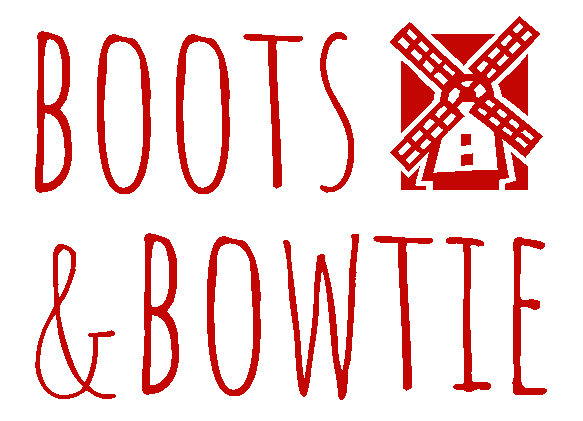The Netherlands has an ancient and venerable cheese-making tradition but sadly, much has been lost to modernization. Tourist posters to the contrary, there are Dutch cows today who have never seen a pasture. The system forces many farmers to farm “intensively” – meaning cows are crammed into stalls and fed commercial feeds instead of grazing – to break even. Livestock are routinely fed antibiotics for faster growth, and raised more or less industrially. Even milking is automated. Some herds only see a human being when something bad is about to happen.
Some types of cheese made by only a few farmers today are slowly passing into obscurity, and a few are already there. But some traditions are being revived, thanks to efforts from groups like Slow Food. And now and then a new one pops up.
One is Olde Remeker. You can tell it’s special just by looking at its deep-yellow hue, but that’s just the beginning. It has a firm bite verging on chalkiness and a deep nutty taste, with a hint of caramel similar to (and we think way better than) Old Amsterdam, a highly esteemed yet industrial mature cheese available in supermarkets. Remeker caught on right away not only with the country’s organic sector, but with gourmets as well. Holland’s top chefs are tripping over themselves trying to work it into ever-fancier concoctions, but in our opinion it’s best enjoyed on its own with at most a mellow red wine and a piece of bread.
Olde Remeker and its younger sibling belegen Remeker are made from unpasteurized milk more or less following basic boerenkaas (Gouda style but using raw milk) guidelines, but with milk from organically raised Jersey cows. What’s more unusual is that the world’s supply of Olde Remeker comes from a single farm. We felt compelled to see it.
Jan Dirk van der Voort has made cheese since 1985; his father was the first farmer in the country to experiment with Jersey cattle. Jerseys are smaller and produce much less milk than Holsteins – on average 3 liters a day as opposed to their black-and-white cousins’ 40. What they do give is much richer in protein, fat, minerals and carotene; the latter gives the milk its yellow color. In a move almost unheard of among modern-day livestock farmers, Van der Voort decided to cut back his herd from over 100 to about 90 cows so as to better manage them all.
The farm is in the town of Lunteren, roughly east of the center of the country and although not far from a busy road, the atmosphere is one of peaceful industriousness. At the time of our visit, the most conspicuous activity was the twittering of birds high in the treetops surrounding the field. As we aproached, though, we could sense cud being chewed, salt drawing out the water from new rounds of cheese, and the bacteria inside them working away. ( I think it’s safe to say that there’s a lot more life on an organic farm, and that goes all the way to the cellular level and then some.) The forces of nature were busy making Remeker’s special flavor.
Visitors can stroll to the back and see the cows. (Just try this at a conventional dairy farm. First of all, they probably won’t let you. Second, you probably won’t like what you see.) As conscientious bon vivants, it did our hearts good to see these animals enjoying life as much as we enjoy ours. They have sweet, almost deerlike faces, and their range of affect went from nonchalant to curious. Unlike many “conventionally producing” cows, even those kept outdoors, they were not shy around humans, even strangers. Not a one balked or gave us those nervous glances we’ve come to know on our country walks. Something good was happening here. As any organic farmer will tell you, good food starts with the soil (which is also in excellent shape here) but any stage along the way should radiate similar health and happiness, and if these girls were anything to go by we were looking at an exemplary system at work.
A plain aged (belegen) Remeker is aged for a minimum of seven months, Olde for at least eighteen. (There used to be a version made with a vegetable rennet, aged for four months. )
The cheeses are available only in natural food shops in the Netherlands, although recently the German organic sector has discovered Olde Remeker, so it is even harder to get than usual.
Their farm shop is open Mon., Weds., Fri., and Sat. 13.30 -16.00, or at other shops listed on their website: www.remeker.nl

